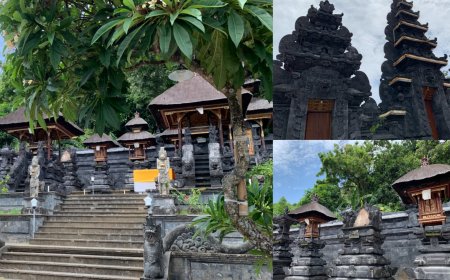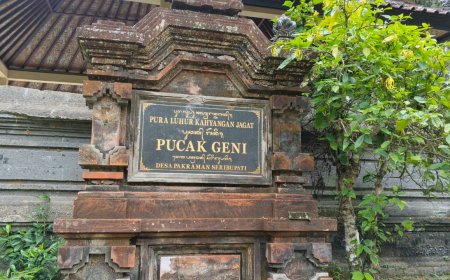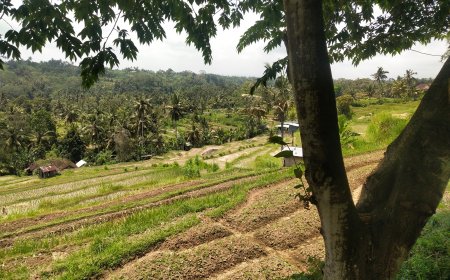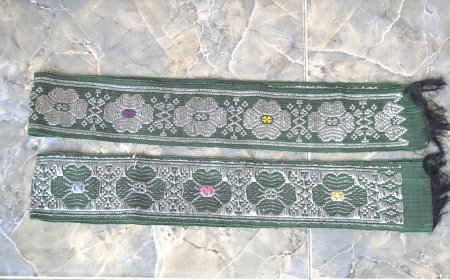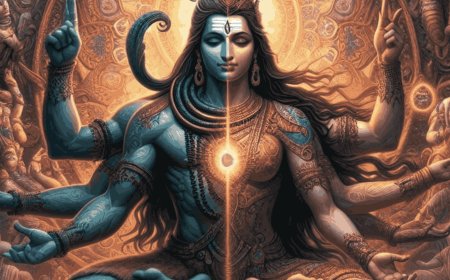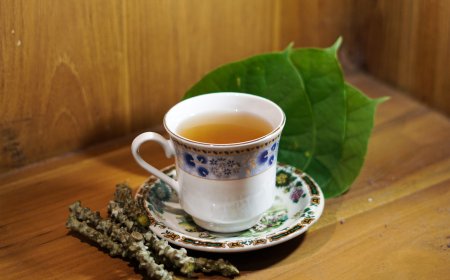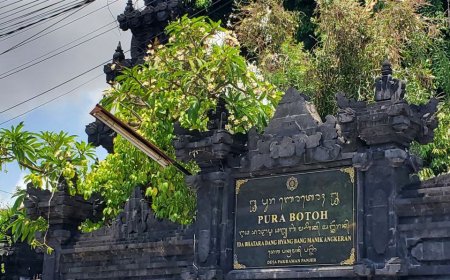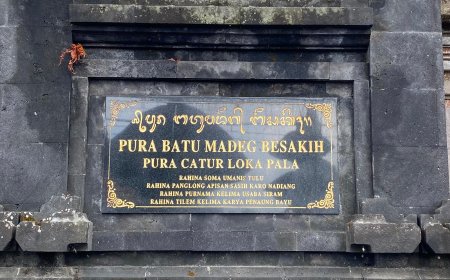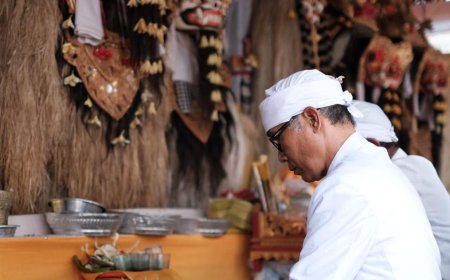Pura Puseh Luhur Bedha: Traces of Kebo Iwa's Legacy and Historical Heritage in Tabanan
Pura Puseh Luhur Bedha, a historical gem in Tabanan, Bali, exudes a sacred ambiance filled with profound meaning. Surrounded by lush green scenery, this temple stands as a witness to the journey of Kebo Iwa, a legendary Balinese figure. With its traditional architectural structure, elegant shrines, and rich cultural heritage, Pura Puseh Luhur Bedha attracts visitors seeking to immerse themselves in the grandeur of Bali's history and spirituality.
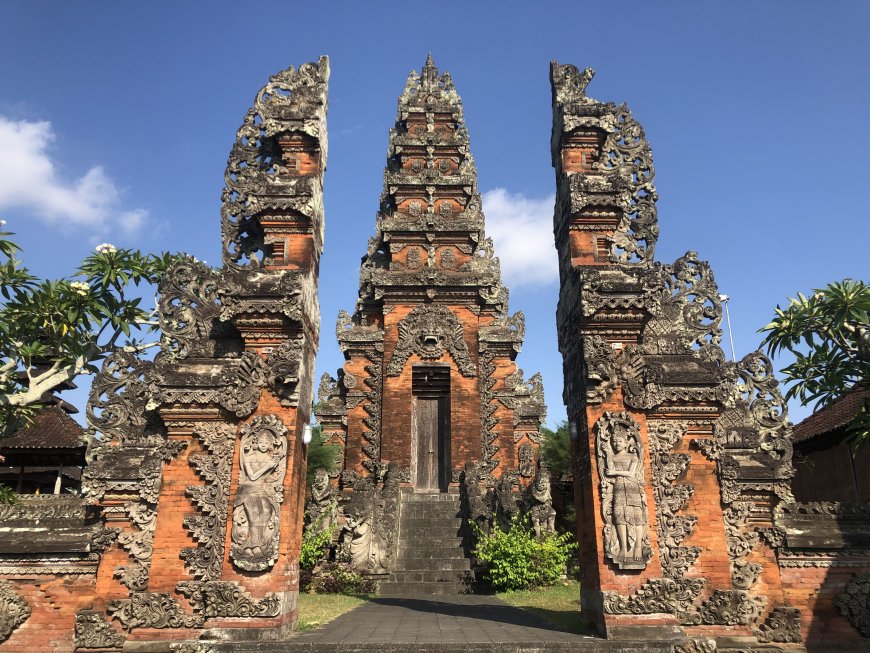
Pura Puseh Luhur Bedha is one of the sacred temple located in Bedha Village, Tabanan District, Tabanan Regency, Bali. This temple is near several other important sites in the Tabanan area, collectively reflecting the cultural richness and spiritual values of the region. The existence of this temple is believed to be a silent witness to Bali's long history, closely tied to the tale of Kebo Iwa, a revered figure among the local community. According to several historical records, Pura Puseh Luhur Bedha was established during the early civilization of ancient Bali. The temple features distinctive architecture reflecting ancient Balinese culture and serves an essential role in the local community's belief system. Although the exact year of its construction remains uncertain, oral traditions and various ancient records indicate that this temple has been an integral part of the spiritual lives of the people for centuries. To this day, this cultural heritage is preserved, making it a meaningful site for those who wish to delve into the history and spirituality of Bali.
Main Central Meru of the Temple (Photo Source: Personal Collection)
The multi-tiered meru at Pura Puseh Luhur Bedha is the main shrine symbolizing the grandeur and sacred values of the temple. The meru, with its layered roofs made of ijuk (sugar palm fibers), serves as a place of worship for deities or ancestors, where the number of tiers (tumpang) reflects the spiritual significance and greatness of the entities worshipped. At this temple, the multi-tiered meru is often associated with paying homage to the village ancestors and the legendary figure Kebo Iwa, a symbol of strength and sacrifice. Designed with traditional Balinese architecture, the meru represents the Hindu Balinese cosmology concept encompassing the underworld, middle world, and upper world. As the focal point during grand ceremonies such as Purnama Kapat, the meru becomes a place for the community to seek blessings and express gratitude, as well as a symbol of the noble cultural heritage that continues to be preserved.
Kebo Iwa Statue (Photo Source: Personal Collection)
Kebo Iwa is a legendary figure highly revered in Bali, and his association with Pura Puseh Luhur Bedha holds deep spiritual and historical significance. As a hero known for his strength and wisdom, Kebo Iwa is believed to have played a major role in protecting the Balinese people and maintaining harmony during his time. Pura Puseh Luhur Bedha is considered closely connected to his spiritual journey, where specific shrines or symbols were erected in his honor. His story of sacrifice, including his struggle against the Majapahit invasion, inspires the community to uphold the spirit of perseverance and noble values. During traditional ceremonies such as Purnama Kapat, prayers and offerings are made to commemorate Kebo Iwa and to preserve his cultural legacy. This makes the temple a spiritual site and a living monument to Bali's history and culture.
Signage at Pura Puseh Luhur Bedha (Photo Source: Personal Collection)
Pura Puseh Luhur Bedha in Bali is a deep historical and spiritual significance, revered as a place for ancestor worship and a symbol of spiritual strength for the local community. The temple serves to strengthen the bond between humans, ancestors, and nature while being strongly linked to the legendary figure Kebo Iwa, whose story teaches bravery and sacrifice. As the center of traditional ceremonies preserving Balinese traditions, the temple's architecture also contains philosophical meanings reflecting the balance between the human world and the divine. Pura Puseh Luhur Bedha reminds us to always appreciate and safeguard ancestral heritage in fostering peace and spiritual harmony.



